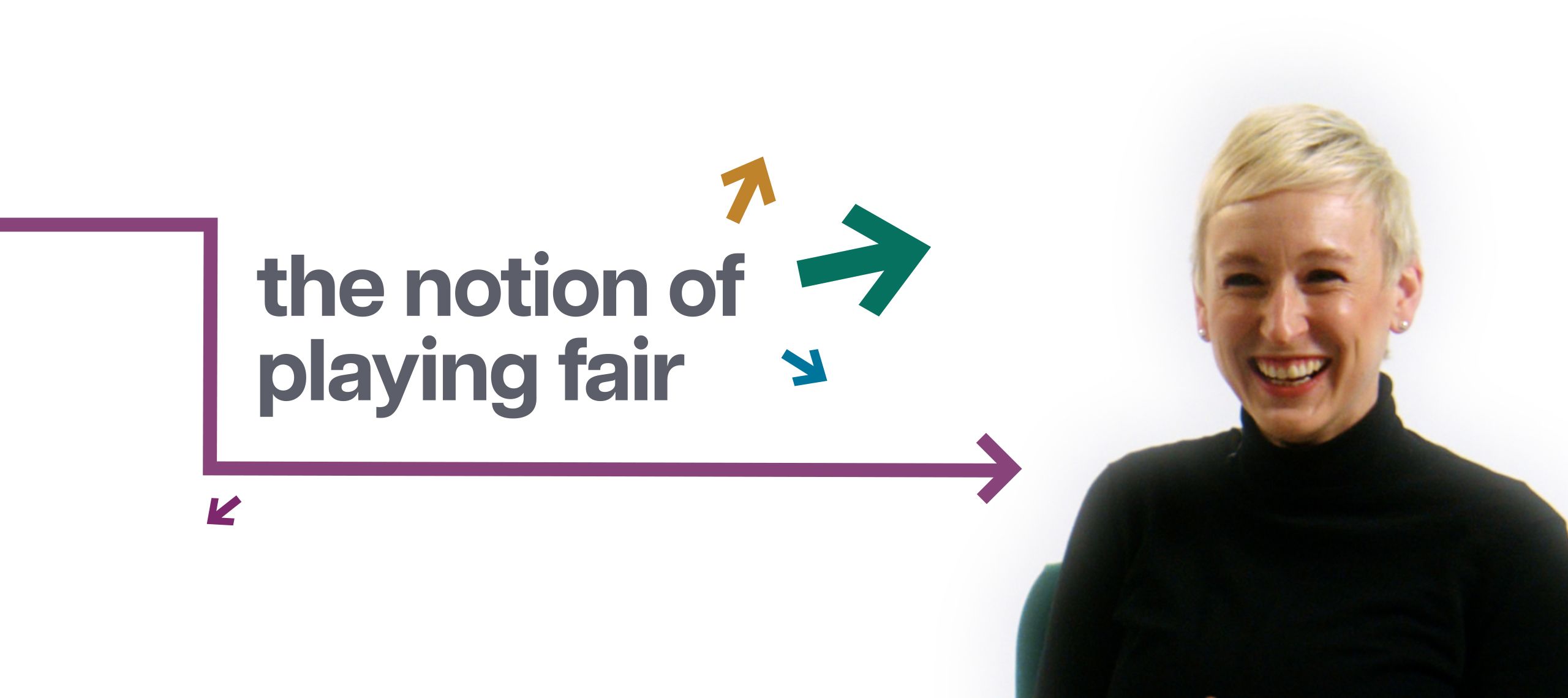
Research Journeys: The notion of playing fair
I discovered that how people perceive fairness really matters for the performance of a project.
Working as a high-level project manager in the construction industry, Christine was able to experience first-hand why projects do and don’t succeed. She was seeing the same issues again and again.
Her work now looks at how fairness in the industry can lead to better outcomes. As an established researcher in her field, her ambition is to improve the gap between academia and industry.
Christine is an Associate Professor in Project Management in the School of Civil Engineering.
Read more about Christine and her research.
Transcript
[Christine is sitting in front of a white background speaking directly to camera.]
Christine: I was a project manager in the construction industry, and I was responsible for managing large scale, multimillion construction projects.
In this role, I usually represented the interests of the client and interacted with numerous people on site in delivering these projects. And I would like to share one example with you of a situation I encounter during my professional life.
I was the project manager for a football stadium. The construction was well underway. The design was pretty much finished, and the client wanted to change something. They wanted to change the location or the position of a wall in the media zone. Sounds like a minor change. The contractor provided the price for that change and set a deadline for decision in about four weeks, because construction progressed and in about four weeks, they would start to build that wall. So, they need the decision before.
The client took somewhat longer to make a decision And two weeks after that deadline informed me as the project manager that they would like to go ahead with that change at the originally quoted price. The contractor was very annoyed, upset that they should do it for the price they had originally quoted because now it is actually more work for them because initial preparatory work has already happened for the originally planned location.
This put me in a bit of a difficult situation. I had to represent the client's interests, but I also fully understand how the contractor felt treated unfairly because they clearly outlined when they need a decision and why.
This made me curious to understand more about the interpersonal relationships and the dynamics of these interpersonal relationships in projects. Why do people behave in certain ways? Why do organisations behave in certain ways? And also, what are the governance principles in projects? And how does that in the end relate to project performance? Because projects do not actually perform very well. Many projects are late or are over budget or do not deliver what they are supposed to deliver.
So, I decided to do a PhD to get a better understanding of this. And I investigated organisational justice in projects and the impact on project performance. I discovered that how people perceive fairness really matters for the performance of the project. And I also investigated how the implementation of fair processes and procedures in the governance of projects can make a real difference to how the project is delivered.
I have now been working with organisations with clients, with delivery organisations to help them understand the relevance of fairness in projects and of fair governance arrangements and how they can improve the delivery through fair principles and procedures. So I would like to leave you with the notion of fairness and how fairness matters in projects in order to deliver better projects in the future.